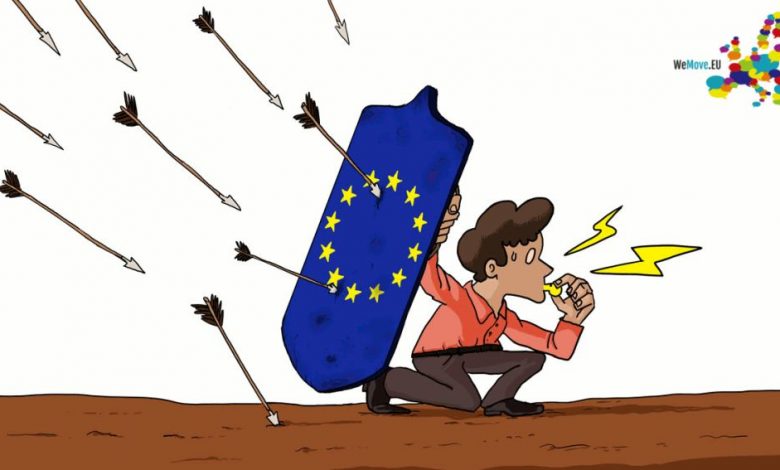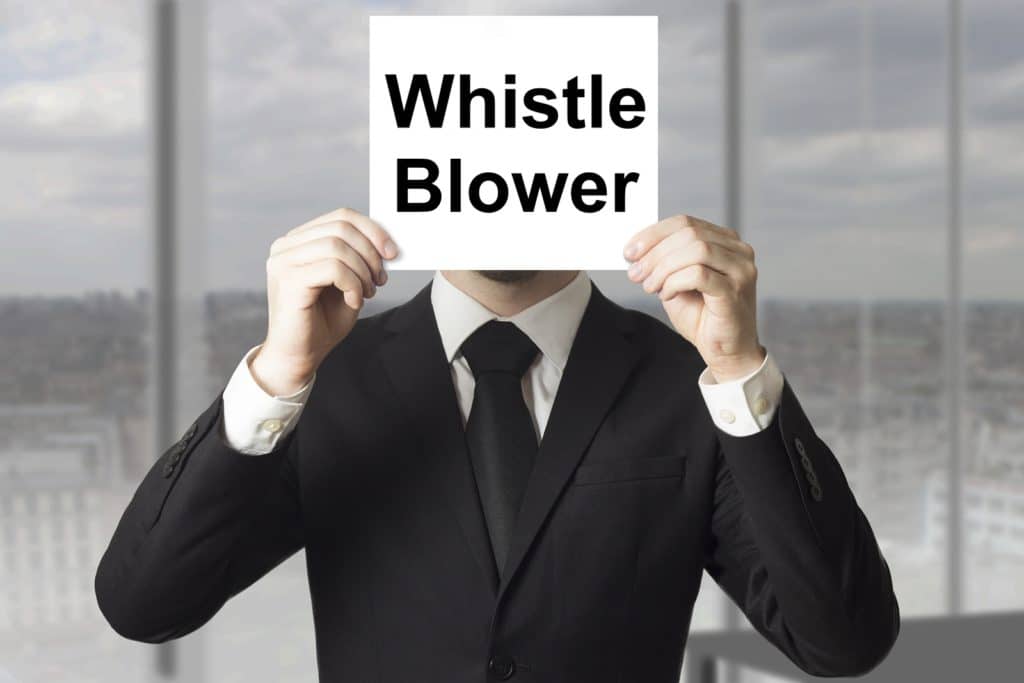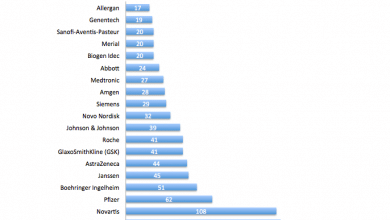
 New system to encourage reporting of wrongdoing. Financial losses due to lack of whistleblower coverage are estimated at 5.8 to 9.6 billion a year in public procurement alone
New system to encourage reporting of wrongdoing. Financial losses due to lack of whistleblower coverage are estimated at 5.8 to 9.6 billion a year in public procurement alone
Brussels - Negotiations within the institutions of the European Union have finally led to a political agreement on the rules for the protection of those who courageously report to the authorities any illicit or fraudulent acts committed by the organizations or companies in which they work, whether they are public or private.
Whistleblowers are important for a well-functioning democratic system based on the rule of law. That is why we must guarantee them a high level of protection throughout the Union. People cannot be expected to risk their reputation or their jobs to report illegal behaviour.
Tudorel Toader, Romanian Minister of Justice
Virginie Roziere (Group of the Progressive Alliance of Socialists and Democrats in the European Parliament) he has made the protection of whistle-blowers a crucial point in his work as an MEP. And the reason for this interest is easily understandable: the support of these

subjects would only help the EU to better control the causes of possible financial losses due in many cases to problems such as tax fraud, money laundering, public health problems, or the protection of consumers and their data, and much more. In fact, the lack of effort made so far to help these whistleblowers has resulted in losses of between €5.8 and €9.6 billion each year in the public procurement sector alone.
To ensure their protection, the new rules in this regard will make both internal and external communication channels available to anyone who wants to report unlawful acts within their working environment, being able to decide depending on the case whether to contact the person directly concerned, or if immediately report to the competent national authorities, or communicate with European plans such as EU institutions, bodies, offices or agencies.
To date, within the European Union, only ten countries have a whistleblower protection program, and among these is Italy.
In all these cases, a shield is ensured against whistle-blowers against possible retaliation or intimidation by colleagues or bosses, which will cover not only the person himself but also those closest to him such as friends and relatives. Of course, stay the possibility of requesting coverage even in the event that the disclosure of information is made publicly. In addition, theby informants will not only concern the physical and work, but will also guarantee psychological and legal support.
The agreement, at the moment provisional, must now pass to the formal examination of the governments of the 28 and of the Parliament.
Here are the main elements of the proposal.
- Reporting system: Whistleblowers will be strongly encouraged to first use internal channels of their organization and then resort to external ones set up by public authorities. This will contribute to the development of a healthy corporate culture in companies with more than 50 employees or municipalities with more than 10 000 inhabitants, where there will be an obligation to create effective and efficient reporting channels. In any case, protection will not be relaxed if whistleblowers decide to go directly to external channels.
- People protected by the new rules: the position of the Council has been maintained. Protected Persons match a large number of profiles who may acquire information about violations in a work context, such as workers, including national/local civil servants, volunteers and trainees, non-executives, shareholders, and so on.
- Scope of: In line with the Council's position, the compromise foresees an extended scope including areas such as public procurement, financial services, anti-money laundering, public health, etc. For reasons of legal certainty, a list of all relevant EU legislative instruments is annexed to the directive. Member States may go beyond this list when implementing the new rules.
- Whistleblower support and protection measures: the two institutions have agreed on a list of what may be considered forms of retaliation, including, as requested by the Council, also attempts or threats of retaliation. The agreed text contains important protective measures such as the exemption from any liability related to the violation of the prohibition on disclosing information imposed by contract or by law. The directive will also include a list of all the support measures that will be taken in favor of whistleblowers.
- Obligation to give feedback for authorities and companies: the deadline for providing feedback remains that of the Council's position, i.e. the obligation to respond and follow up on whistleblower reports within 3 months (with the possibility of extending the deadline to 6 months for external channels in duly justified).
- Public Disclosures: the Council's position is maintained with an article establishing the conditions to be met for a person who publicly discloses information to be protected by the new rules.
Related news: Whistleblower, it's the law. Those who report corporate wrongdoing cannot be fired or discriminated against
The law passed in Italy: Provisions for the protection of those who report crimes or irregularities of which they have become aware in the context of a public or private employment relationship
Editorial. The responsibility of the employer and the ISF
Criminal liability of Healthcare companies: not just a matter of 'Models'





